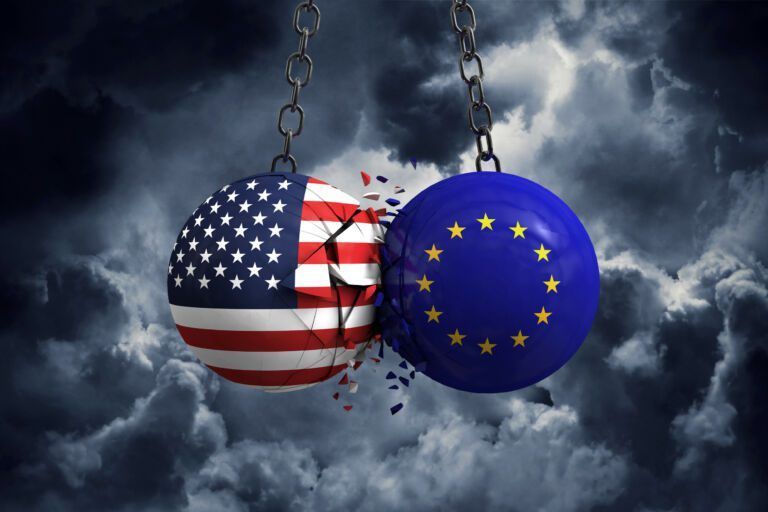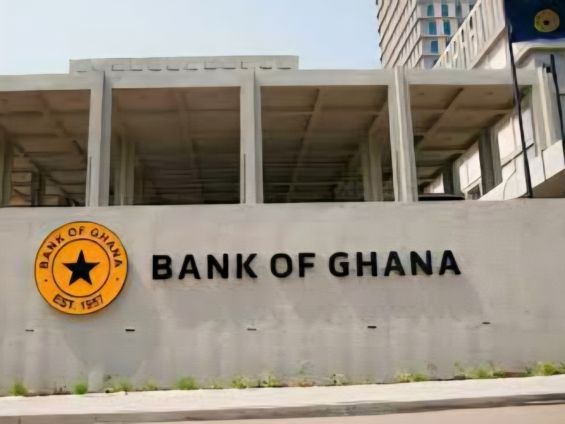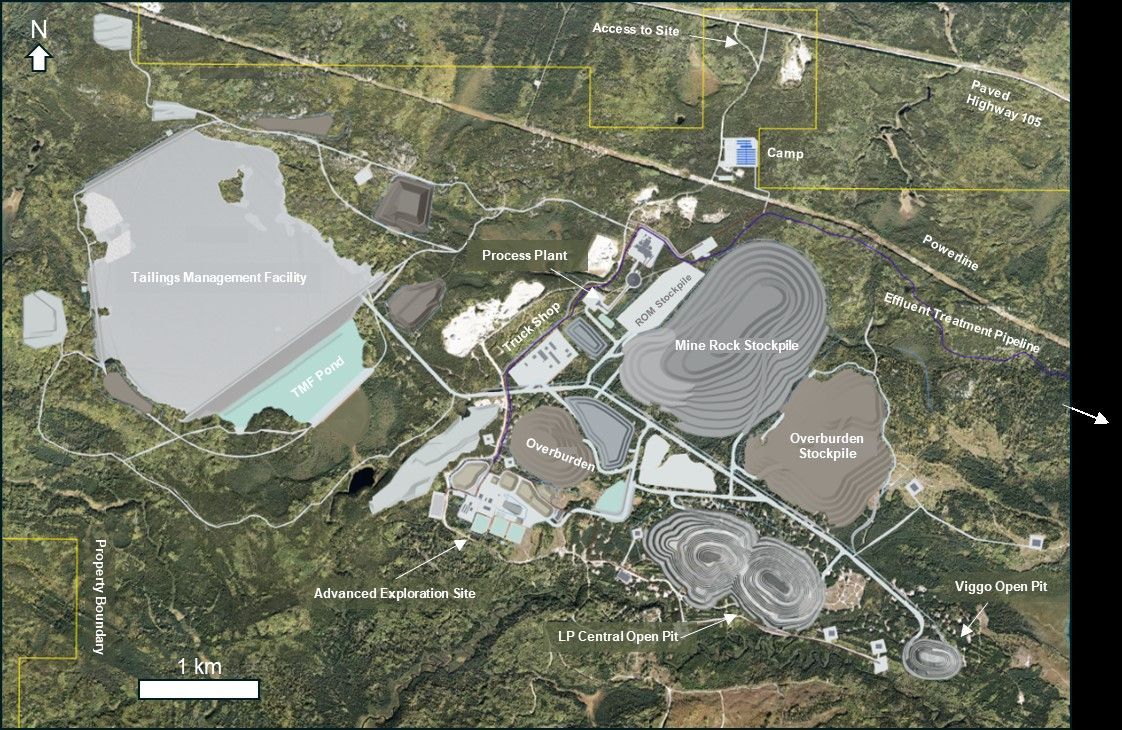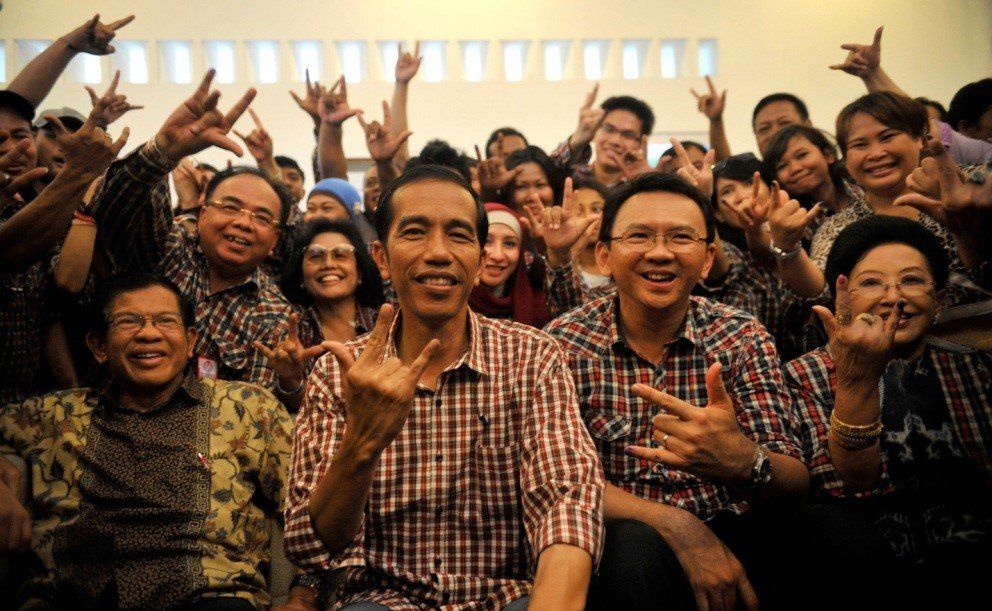Kuroto Fund, L.P. - Q4 2013 Letter
Dear Partners and Friends,
PERFORMANCE & PORTFOLIO
Kuroto Fund was up +5.0% in the fourth quarter and gained +0.9% in 2013. Over the same periods the MSCI Asia Pacific Index was up +2.3% and +12.4% respectively. Please see our Q3 2013 letter for a review of the year’s portfolio changes and performance contribution.
Asia’s Elections
Given the upcoming national elections in Thailand, Indonesia, and India, politics will be a clear driver of the news cycle and sentiment for much of Asia this year. With almost 40% of Kuroto’s capital invested in these three countries, we think that each political contest merits analysis.
Each election offers its own set of risks and rewards: Thailand has the most uncertainty and potential downside; Indonesia has a lot of unknowns but appears to be relatively rangebound in terms of outcomes; and India offers the most hope for substantive change. Thailand’s elections are almost certain to be the most contentious of the three. Just last week, acting Prime Minister Yingluck Shinawatra declared a state of emergency in Bangkok to quell politically motivated street protests. India and Indonesia, which we expect will have more orderly elections, are two nations where democracy appears to be offering a choice. In both countries, there is a clear anti-incumbency movement as voters are flocking towards charismatic opposition leaders promising a break from the ineffective and corrupt status quo.
Thailand: More Protests, More Elections
Since telecommunications millionaire Thaksin Shinawatra first came to power back in February 2001, the media has focused on the rift between the urban middle class (Yellow Shirts) and upcountry poor (Red Shirts). Behind the scenes, however, is a conflict between the historically elite and Thaksin. The long- established elite are financing the Yellow Shirts, while the Red Shirts support Thaksin because he was the first to offer them massive social reforms.
Electorally speaking, the fight between the Red Shirts and Yellow Shirts has been a one-sided affair. Thaksin’s parties, backed by the Red Shirts, have won every national election that they have contested this century. The establishment has not reacted favorably to this string of losses. They have forced Thaksin into exile, resorted to a military coup, changed the constitution, and ousted a prime minister for receiving payment as the host of a TV cooking program.
Today, Yingluck, Thaksin’s sister and political proxy, leads Thailand as acting Prime Minster. Her support for an amnesty bill that would have pardoned her brother has caused the most recent flare up between the factions. In response, she dissolved the government on December 9 of last year and scheduled elections for February 2. With the opposition Democrat party planning to boycott these elections, it is unlikely they will produce a meaningful step towards political stability.
So long as the Yellow Shirts are unable to win a fair election and unwilling to give up power, the country will remain stuck in this cycle of political instability. This volatility would become even more problematic if the beloved and sick King Rama IX, the reigning monarch of Thailand, were to pass away. Amazingly, through all of this political turmoil, the Thai economy has still managed to grow at 6% annually over the last seven years.[1] While we don’t see an easy solution, the policies that either party would enact would not be that different, so either government would be acceptable from an investment perspective.
Indonesia: The Asian Obama
The current Governor of Jakarta, Joko “Jokowi” Widodo, is the clear frontrunner in polls to succeed Susilo Bambang Yudhoyono as President of Indonesia. Much of Jokowi’s popularity stems from his perceived lack of connection to the traditional political class. In fact, as recently as a year ago, very few had even heard of this former furniture maker. His outsider image and reputation for running a clean and efficient administration while Mayor of Solo are his key political assets.
In the eyes of voters, Jokowi represents change from the policy paralysis and corruption of the Yudhoyono administration. We view this desire for change as positive progress for Indonesia. Of course, the voters’ dreams may or may not become reality as Jokowi’s success in running a small city like Solo may not translate to running a large nation. During his time in Jakarta he’s been known more for regularly wearing a red and blue checkered shirt during the gubernatorial campaign, his impromptu visits to meet people directly, and his love of heavy metal music than for any particular policies. Nevertheless, we are hopeful that he can bring some much-needed leadership to Indonesia’s political class.
India: The End of the Nehru-Gandhi Dynasty?
The reliable unreliability of Indian polling data makes the elections difficult to handicap, but state elections held at the end of last year suggest that the principal opposition party, the Bharatiya Janata Party (BJP), is the most likely party to form the government, thanks to its charismatic prime ministerial candidate, Narendra Modi.
While Modi remains controversial because of the religious violence that occurred in Gujarat early in his tenure as Chief Minister, analysts are increasingly speculating that even some Muslims will vote for his BJP party in the upcoming elections. These crossover votes capture the hope that Modi can replicate Gujarat’s economic success nationally. After living through the ineffectual leadership of the Sonia Gandhi-led Congress party, the prospect of a strong leader and strong growth has a broadening appeal.
Over the last ten years, India has had average GDP growth of 7.9% while Gujarat has had average growth of 10.3%. Even farmers have done better under Modi with compounded annual income growth of 7.7% compared to 3.2% for all of India over the same period.[2] The status quo has become unacceptable to Indian voters; the only question is will the BJP win enough of a mandate to make significant reforms?
Conclusion
While the volatility caused by these elections may give us opportunities to buy or sell companies as stock prices fluctuate, it is important to remember that we are not invested in Thai Corp., Indonesia Corp., or India Corp. In fact, we spend the vast majority of our time combing through these countries to find the particular businesses that are led by the right entrepreneurs where the specifics of the company will drive the growth in intrinsic value absent a political or economic catastrophe. Political stability and improved decision making would be enormous steps forward for Thailand, Indonesia, and India and would clearly benefit each country as well as the companies that we own there. That said, we believe our investments will continue to compound value at attractive rates if these countries simply avoid a major political step backwards.
Sincerely,
Andrew Ewert
Sean Fieler
Daniel Gittes
William W. Strong
ENDNOTES
[1] Source: Bloomberg, THG PC$Q Index, seven years ended September, 2013.
[2] CLSA, Trend Reversal, January 2014. Data for the ten years ended March, 2012.










